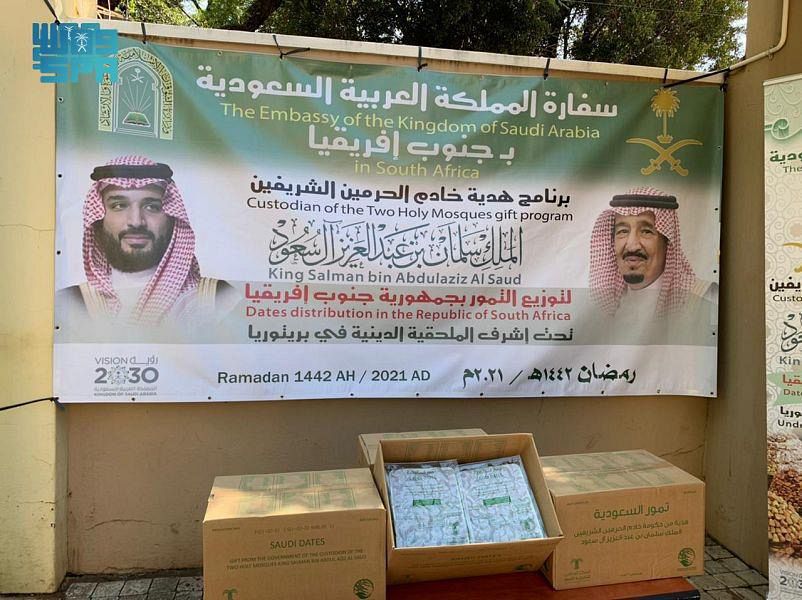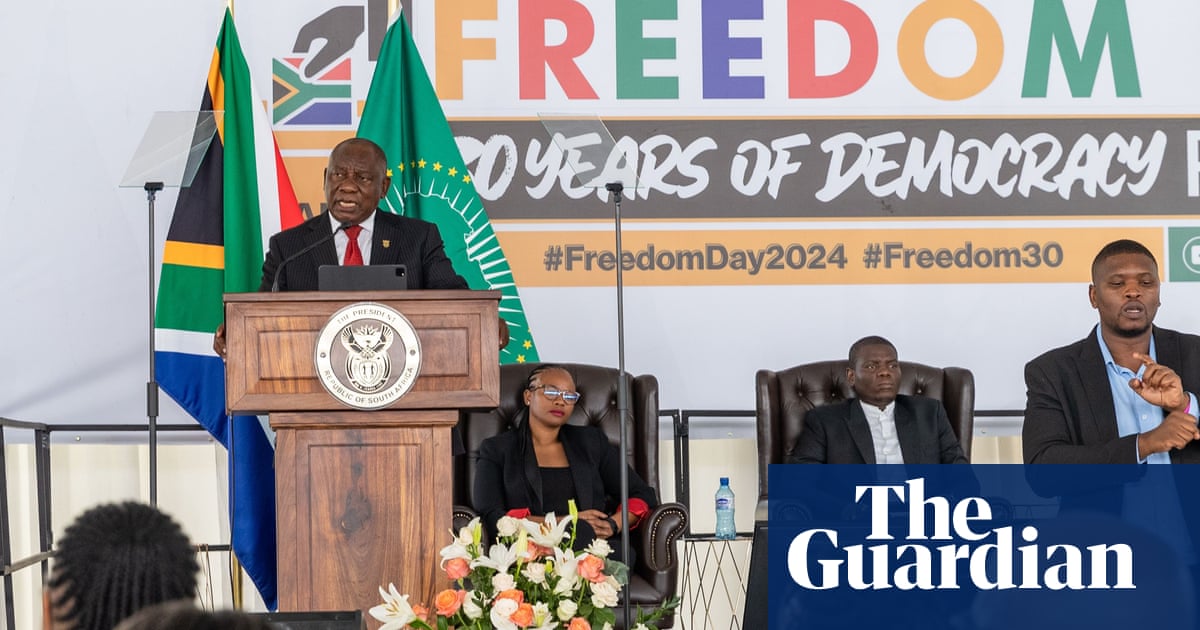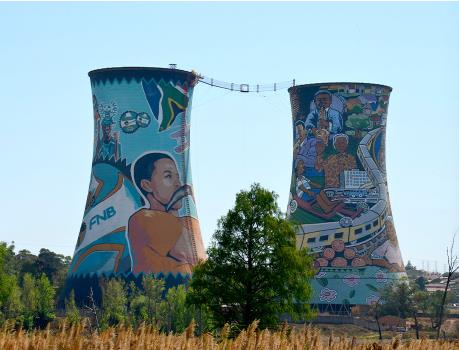
DELIVERED BY
Volker Türk, UN High Commissioner for Human Rights
AT
National Conference on the State of Human Rights in South Africa
Your Excellency, the President of the Republic of South Africa,
Minister of Justice,
Excellencies,
Distinguished participants,
It is an honour to address this national conference on the state of human rights that marks 30 years of democracy in South Africa. In April 1994, for the first time, people who had suffered appalling, life-long discrimination under apartheid were able to make their own choices and participate fully and meaningfully in public life.
Their struggle to achieve equality embodied both the universality of human rights, and their meaning. Around the world, a generation of young people grew up in solidarity with your struggle – I, among them – and I join you in celebrating this landmark. I also applaud this initiative to take stock of progress and the opportunities that lie ahead.
South Africa’s Human Rights Day, in three days time, commemorates the 1960 Sharpeville massacre, when apartheid-era police killed and injured peaceful protestors demonstrating against the pass laws. The Sharpeville massacre encapsulates the horror of apartheid, which systematically denied the dignity and rights of so many millions of people. It captured a moment of sheer horror, and the iniquity of apartheid, and is commemorated annually across the globe as the International Day Against the Elimination of Racial Discrimination.
I pay tribute to the people of this country, for the determined mobilisation that has brought so many advances in human rights and democratic governance. Let me mention some of the milestones.
First: the Constitution of South Africa, which was signed into law in Sharpeville on International Human Rights Day – 10 December 1996 – is one of the world"s most progressive constitutional documents. It enshrines the rights of all people in the country to dignity, equality and freedoms, with a wide range of human rights protections that mirror the Universal Declaration of Human Rights.
Second, significant legal reforms have aligned many South African laws with international human rights standards. Legal barriers to equality have been removed, and efforts have been made to address historical injustices through affirmative action.
Third, key institutions now play vital roles in protecting and promoting human rights. They include the Constitutional Court, which has been such an important human rights actor; and the South African Human Rights Commission, which is accredited with A-status. The Truth and Reconciliation Commission enabled victims – and perpetrators – of human rights violations during apartheid to share their stories and seek reconciliation; although many of these issues remain a work in progress, it has contributed enormously to national healing, and it has inspired many other transitional justice processes around the world.
Fourth, over three decades, successive democratic elections and a vibrant civic and political landscape have empowered South Africans to participate, powerfully, in public life, and I pay tribute to this country"s tremendous diversity of civic activism. The freedom of South Africa"s press provides the scrutiny that brings greater accountability. Respect for human rights is especially important during electoral periods.
Fifth, the heroic action by many women during the struggle against apartheid – notably those who marched in 1956 – helped to bring women"s rights to the forefront of public discussion. Powerful feminist civic groups have flourished – and their work to dismantle the intersecting oppression of apartheid and traditional customs has contributed to better laws and greater public awareness. South Africa was also one of the first countries in the world to prohibit discrimination based on sexual orientation in its Constitution, and legalize same-sex marriage.
I honour these tremendous achievements. South Africans have shown the world the resilience of the human spirit and the power of justice.
South Africa is revered by many as an authority on human rights, and this has been demonstrated by its engagement on the international scene, including this country"s membership of the Human Rights Council and standing invitation to the Council"s Special Procedures; as well as its global advocacy on combating racism and promoting justice and accountability.
Still, there are challenges, and one of the greatest is inequality. Although efforts have been made to realize social and economic rights, including access to healthcare, education, and social protections, significant disparities persist.
Other critical human rights challenges include the persistence of very high levels of violence against women and girls; crime; social cohesion – particularly among communities that face economic challenges; integration of refugees and migrants; overcrowding in places of detention; and the growing threat of climate disasters.
Action that is grounded in human rights principles is the most effective, most sustainable way to address these issues. And this anniversary that we are marking can be the call to action that gathers support to push forward with the work of creating a fully equal, fully inclusive society. My Office, and the United Nations family, look forward to supporting you in this endeavour.
South Africa has taught the world that human rights will surmount the worst challenges – because, in the words of President Nelson Mandela, they can "strike deep roots and blossom forever".
Thank you.










